At the Where We Stand event a few weeks ago, over 50 students, staff, faculty, and administrators brainstormed ways that KSAS and WSE can put the National Academies of Science recommendations into action.
The suggestions bel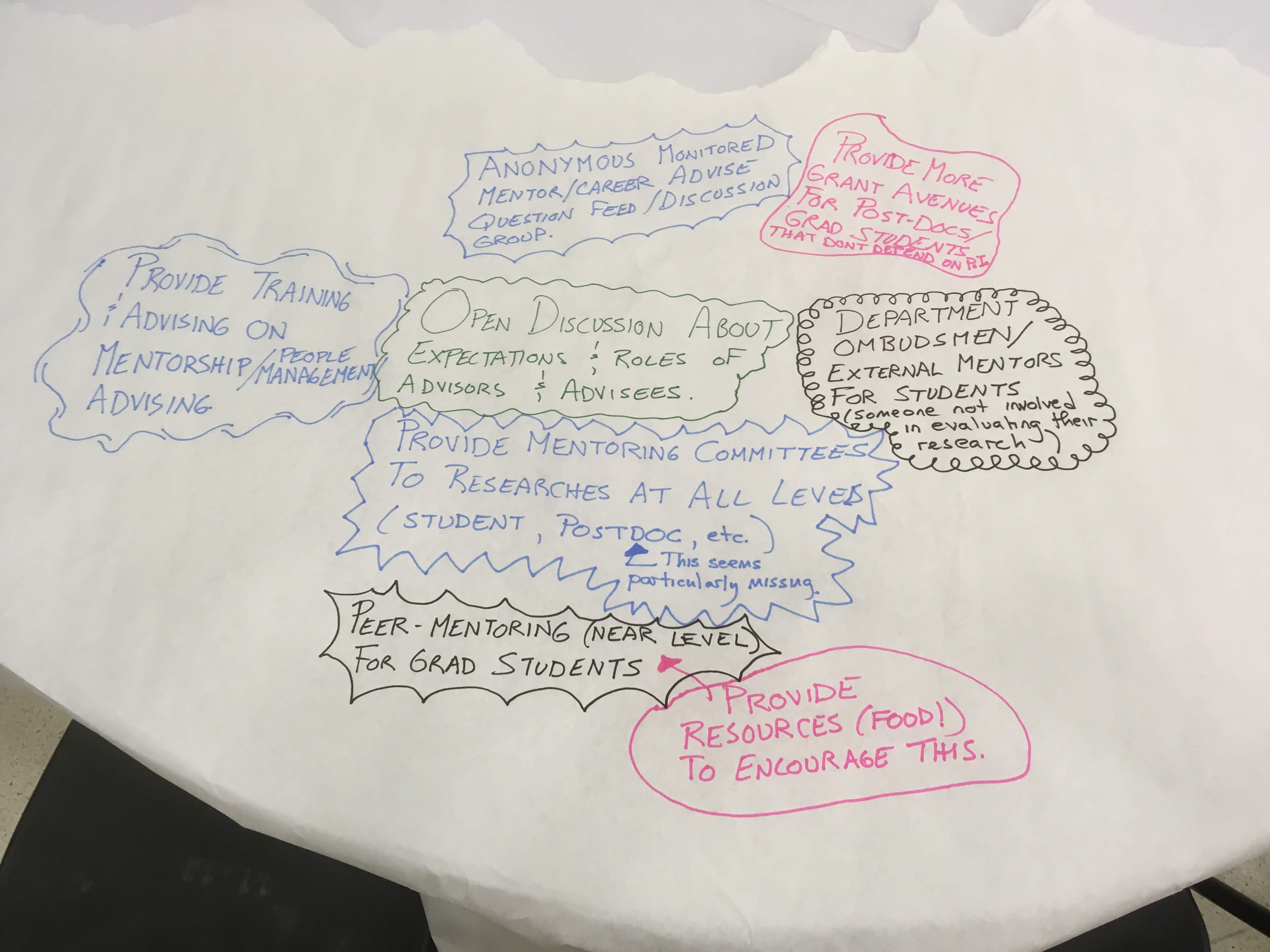 ow seems to coalesce around three key themes:
ow seems to coalesce around three key themes:
- Normalize the conversation around these kinds of problems:
- make it normal in your department to just low-key call out someone who does something inappropriate
- have OIE give out case studies that show what happened to a person who broke the rules. And then discuss the case studies.
- Rather than focusing on negative rules and prohibitions (“don’t do this, don’t do that”), foster conversations about our values as an academic community.
- Foster flexibility & mixed-rank, mixed-department communication at all levels (student and faculty). Wriggle out of the fiercely vertical, hierarchal, and narrow organizational structure we are accustomed to.
We hope you’ll read through these ideas with your own department in mind, and that you will share the suggestions that might work for your own corner of Hopkins academic culture.
NAS rec #1 inclusive environments + #15 entire community responsible
- Importance of training, like bystander training—for all departments
- Help students understand better how to report anonymously
- Have a clear, more transparent process when it comes to reporting transgressions
- Publish & make the campus aware of the different actions that the institution is taking part in when it comes to addressing issues.
- Provide faculty training on gender harassment
- Bring to light aspects of the culture that are derogatory, excluding, or bigoted, and explain why they can be harmful—especially things that are not clear at first glance.
- Better ways of reporting microagression/minor sexist comments that don’t lead to them being dismissed.
- Implement situations that enable pronoun sharing
- Peers can be in a better position to hold one another accountable because inappropriate behavior often isn’t occurring in a formal setting
- Mandatory consent education and bystander intervention training for all students in all Hopkins programs
- Normalization of addressing issues (calling out problematic behaviors/pronouns)
NAS rec #2 Address gender harassment + #6 Support target
- We feel uninformed—especially if a colleague comes to us, or if it’s us. We have training on what to do with student concerns, but not faculty & staff situations
- Simplified version of these processes
- Advocate for target, separate from the investigator
- Publicize possible outcomes of these processes. People might not come forward bc they think they might ruin someone’s career or get them kicked out of school. If you need to change your class schedule, how to do it. Show what mechanisms exist to get out of a bad situation.
- Improve advocacy for reporting students
- Skepticism about the effectiveness of OIE is prevalent
- We need ways to alter existing hierarchies (PI, instructor, supervisor)
NAS rec #3 Move beyond legal compliance to address culture and climate
- Facilitate & encourage and bottom-up approach. If I’m in lab, and someone says something uncool, I need to say something. Express to each other that we support each other. Once things start to change, we can push it toward legal barriers.
- By encouraging this change in our communities, we are able to encourage change to the legal system through our own environments.
- For example, a lot of students don’t know the history of the person, Johns Hopkins. More discussions about that topic so more people understand and think about what THEY stand for.
- Sexual harassment gets weighted more than other things that same person might be doing. But if the sexual aspect is not severe enough, the rest of his egregious behavior gets overlooked because it’s not in OIE’s expertise. Thus the problem gets chopped up into very, very tiny pieces. This person then looks not as toxic as he actually is.
- We need a more holistic approach toward . . . professional bullying, sexual harassment, etcetera.
- Put another way: What about a person who does something that approaches sexual assault, among many other inappropriate, but not officially actionable, things. The assault is deemed not an assault. But it’s awash in all these other actions that contribute to a hostile environment. What do we do?
- What are our values as an institution, and how do we cultivate them? How do we help these values thrive?
NAS rec #4 transparency & accountability + #7 strong, diverse leadership
- Communicate about ways faculty are held accountable
- Suspension w/o pay
- Losing people for your lab
- Losing space, moving your office
- Taking away equipment
- Taking away role (ex, DUS)
- Length of time for OIE to address a case is too long.
- What if you are KSAS but your PI is SOM? Answer: OIE serves everyone.
- How do 3rd party reports work? Answer: OIE reaches out to the person who experienced it, and sometimes they respond, or not.
NAS rec #5 Diffuse the hierarchical & dependent relationship between trainees and faculty
- Train us on how to advise/mentor
- Have an open conversation with grad students about expectations and roles—but not written as a contract. Instead, make it a flexible document to get conversations going
- Mentoring committees for people at all stages
- More than one person for a grad student and postdoc to go to.
- More money for junior people, like postdocs and grad students, so they depend less on their PI
- Peer mentoring – advanced grad students working with grad students earlier in their careers
- Department ombundsman to go to, someone who would not be writing letter of rec
- What are some creative ways to implement accountability? Take away money in response to bad behavior?
- Have conversations about roles, typical paths, power dynamics, and so ont hat normalize the discussion
- In person training (around sexual harassment or discrimination, for example)—not online
- Back away to say, this is everybody’s work and everybody’s responsibility
- [Two points that I didn’t quite catch when I was taking notes, sorry: Communicate from leadership level that . . . and something about ways to support people who want to come forward]
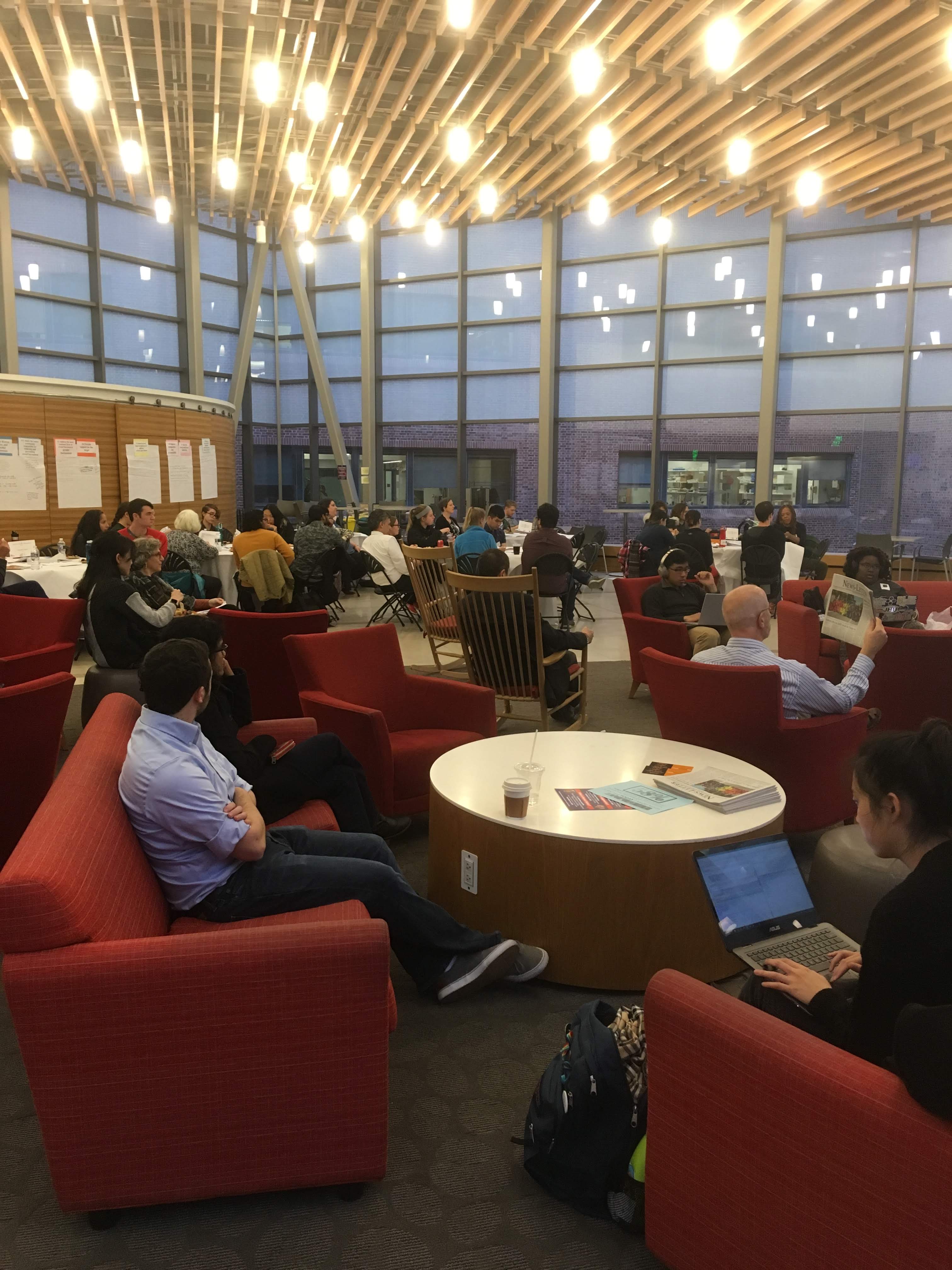
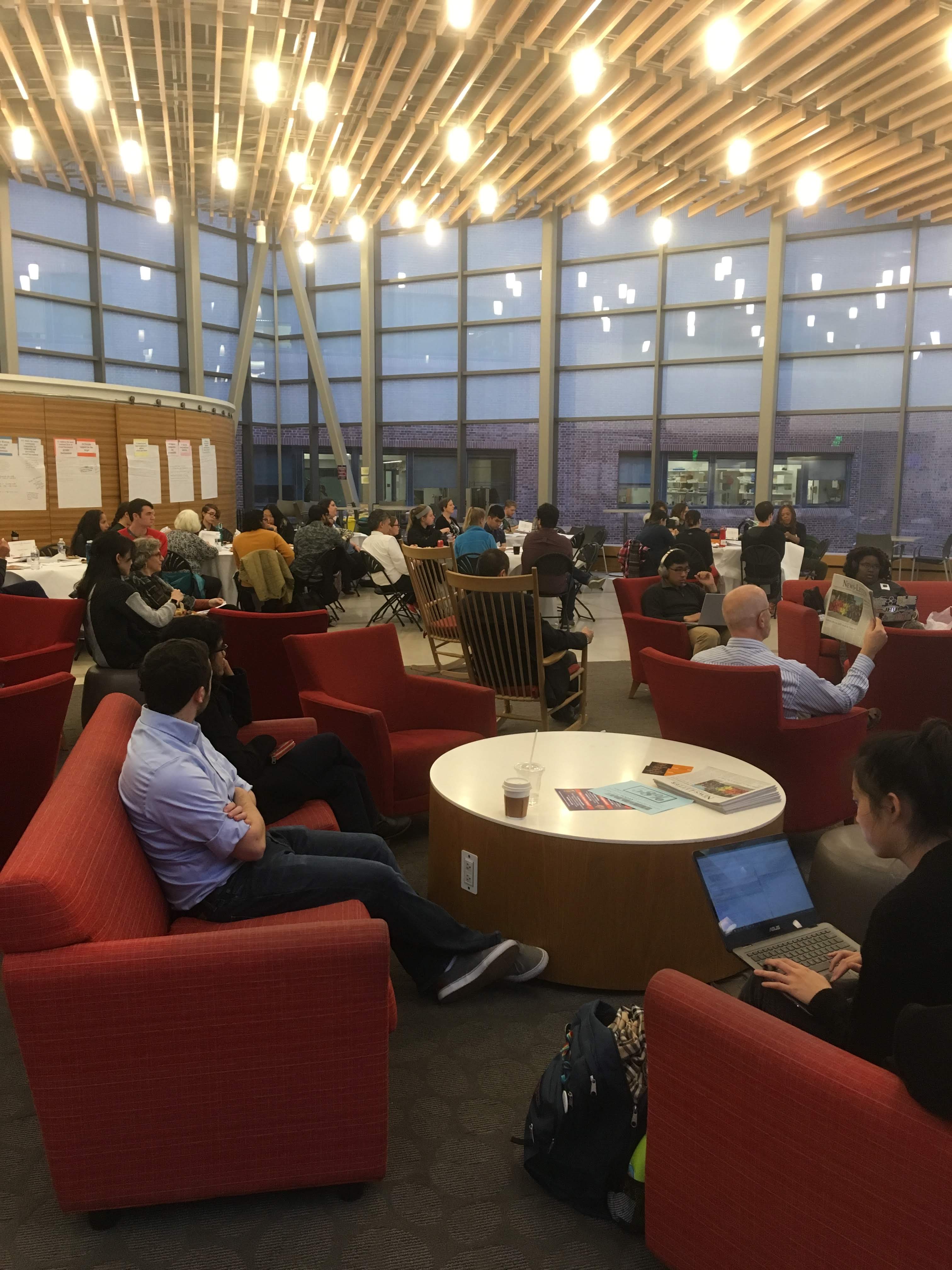
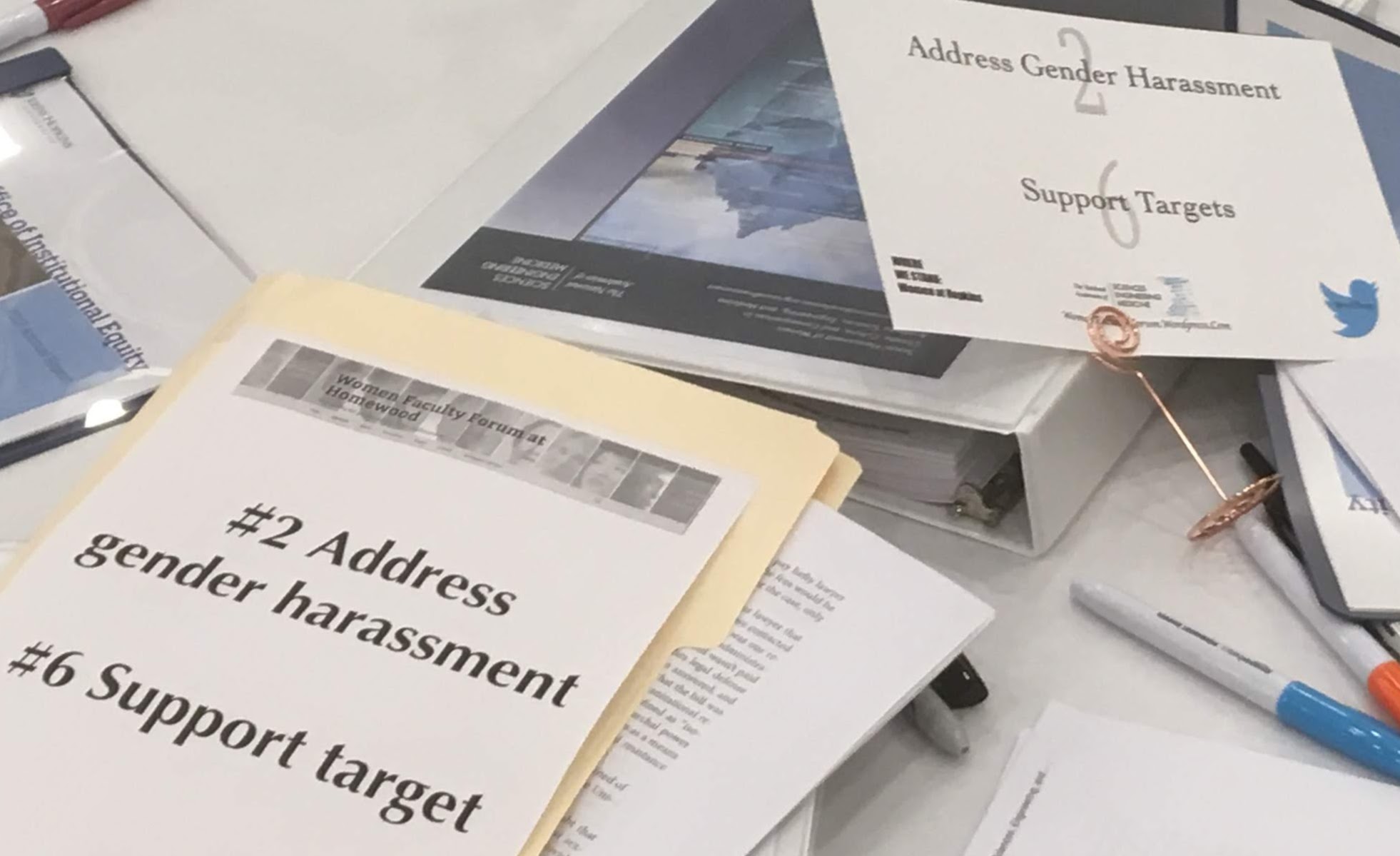
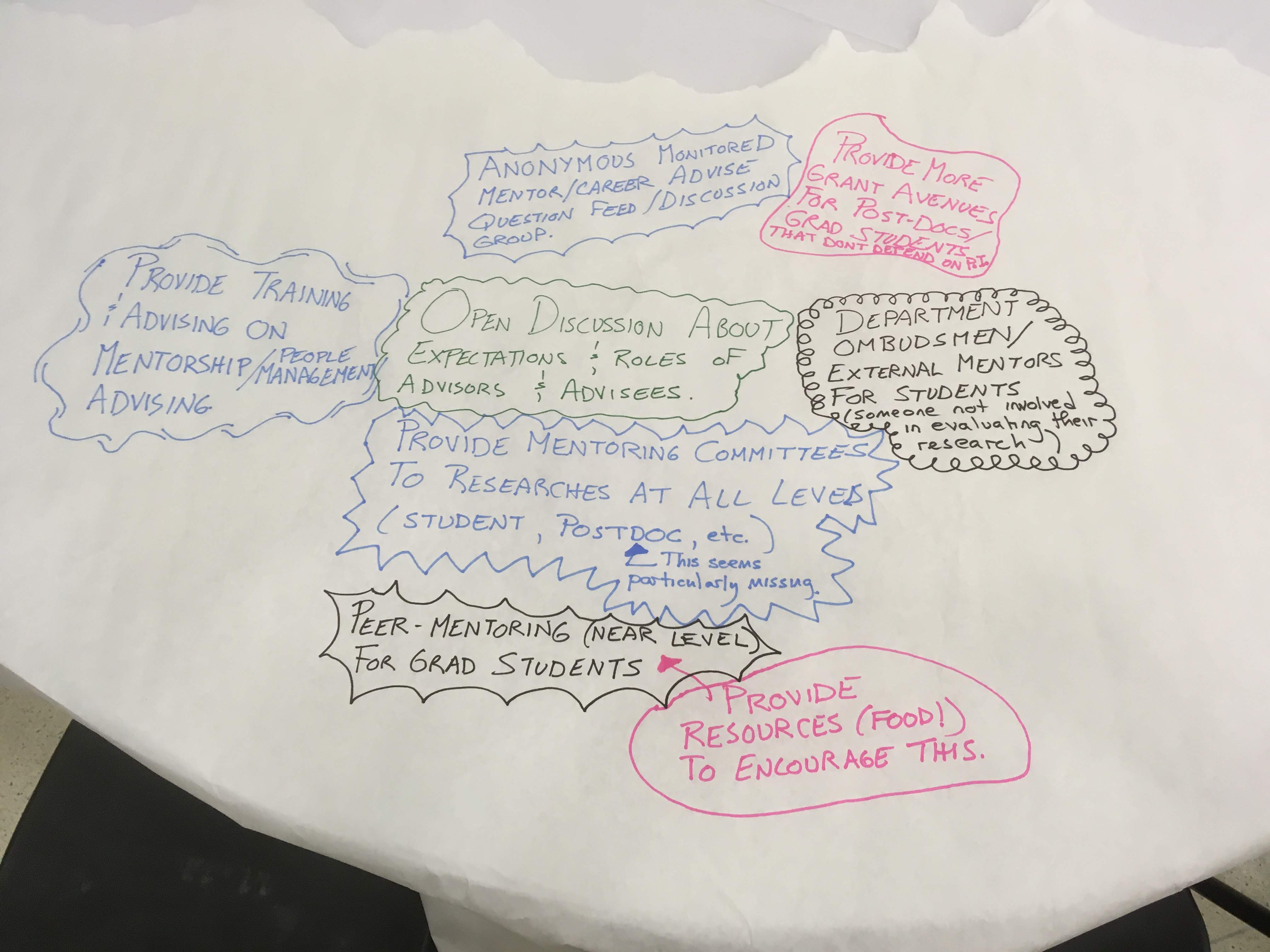
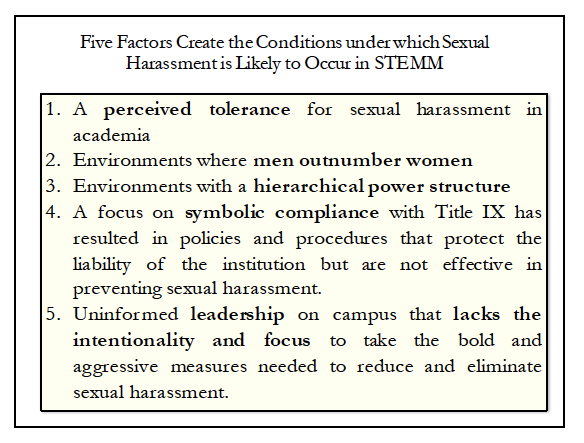
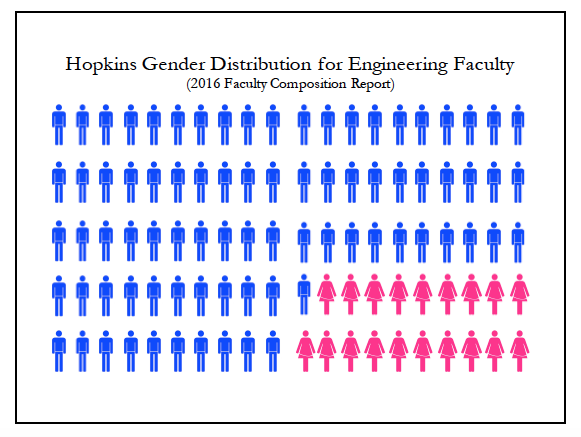
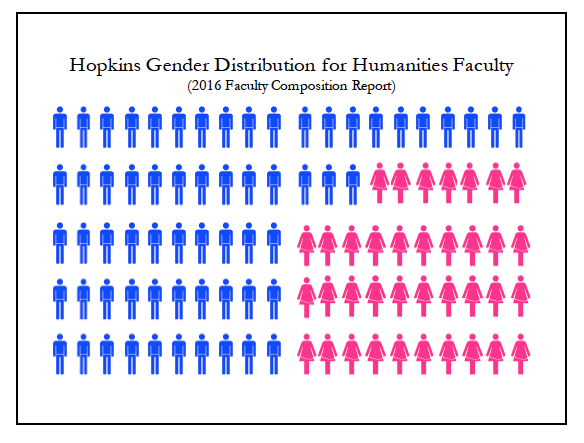
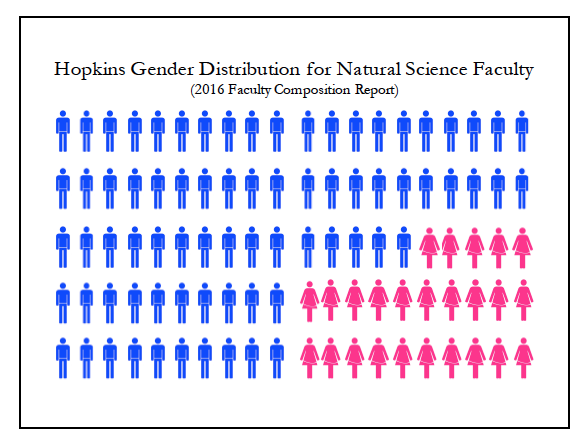
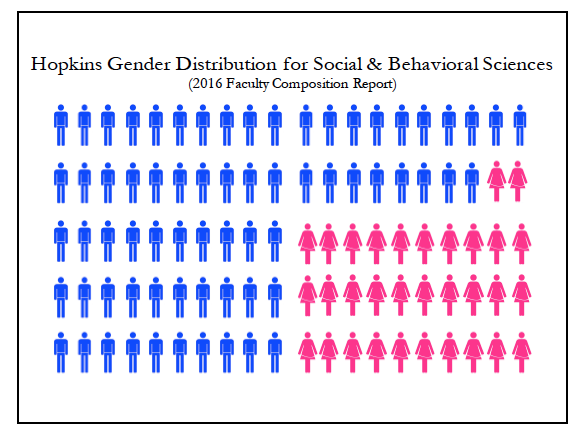
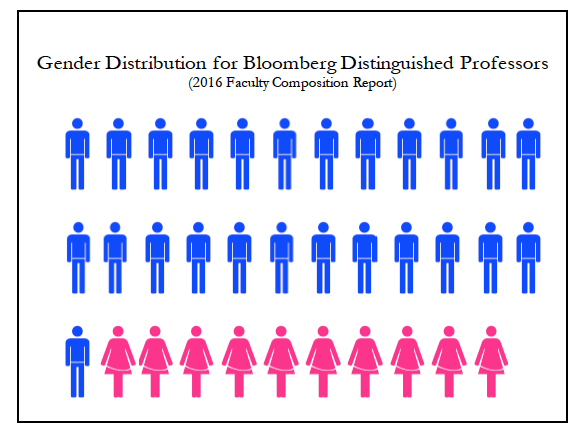

 We are delighted to invite Homewood faculty of all ranks and all genders to join a coffee hour discussion about graduate student advising! (So far we’ve posted about this topic
We are delighted to invite Homewood faculty of all ranks and all genders to join a coffee hour discussion about graduate student advising! (So far we’ve posted about this topic